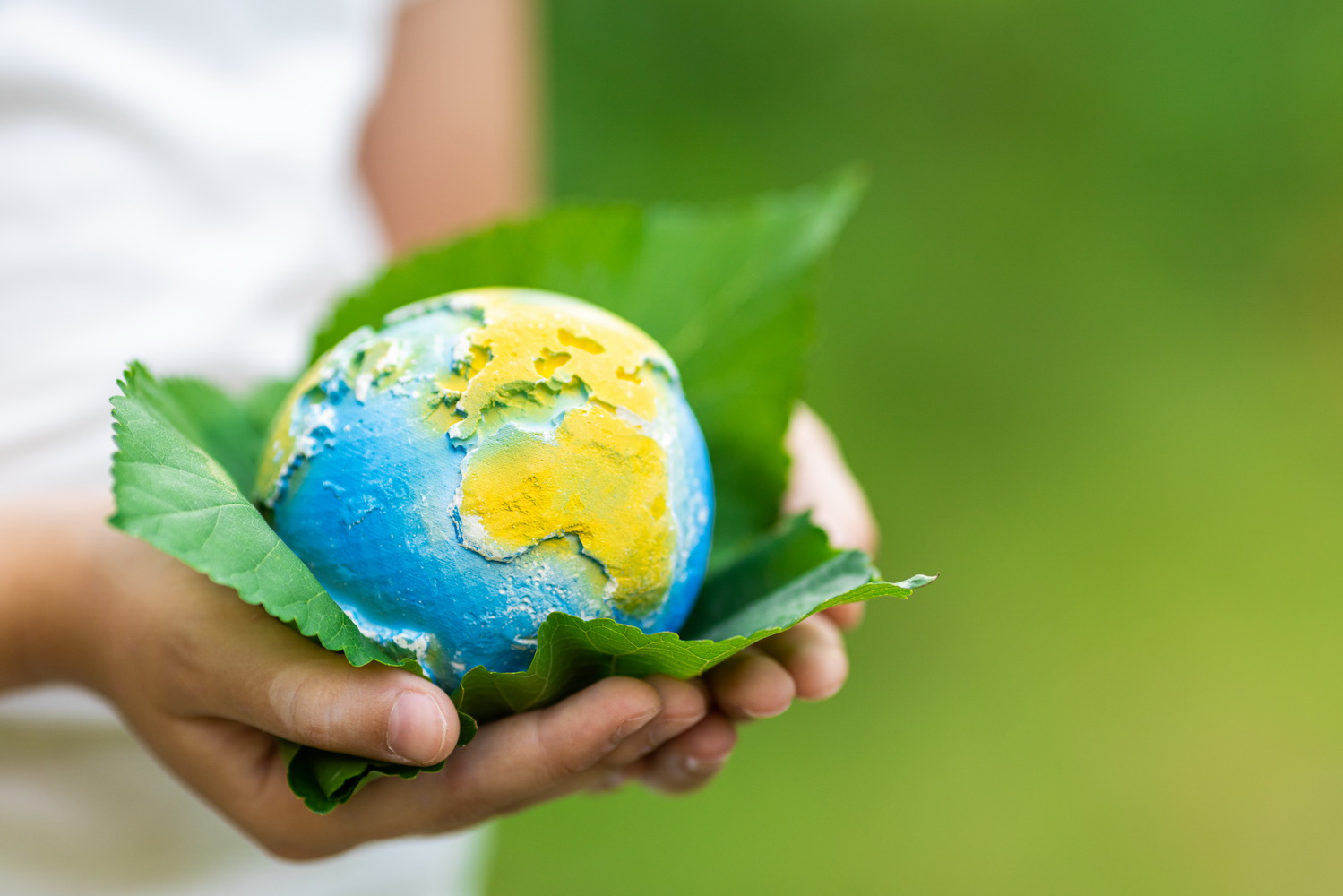Critical thinking skills Science Worksheets for Ages 6-9
12 filtered results
-
From - To
Enhance your child's critical thinking skills with our engaging Science Worksheets designed for ages 6-9. These carefully crafted worksheets encourage young learners to explore scientific concepts through hands-on activities and thought-provoking questions. Perfect for fostering curiosity, these resources challenge kids to analyze, evaluate, and apply knowledge in fun, interactive ways. Each worksheet promotes observation and reasoning, helping children develop problem-solving attitudes essential for academic success and everyday life. With colorful illustrations and age-appropriate content, these critical thinking science worksheets will captivate young minds while building a solid foundation for scientific literacy. Discover the joy of science while sharpening thinking skills today!
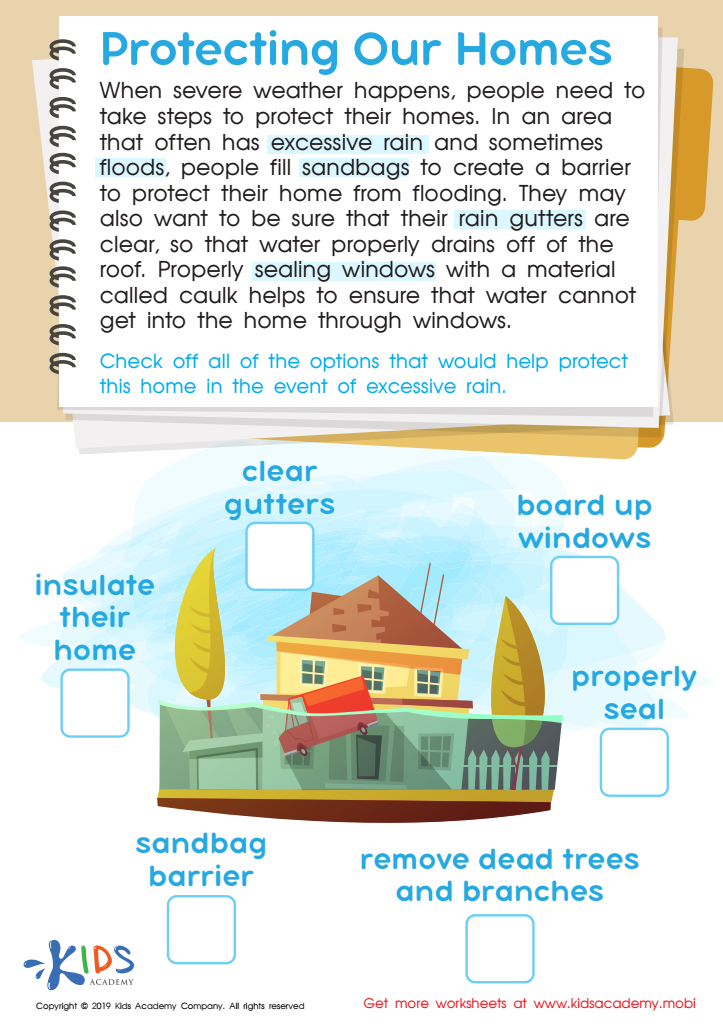

Protecting Our Homes Worksheet
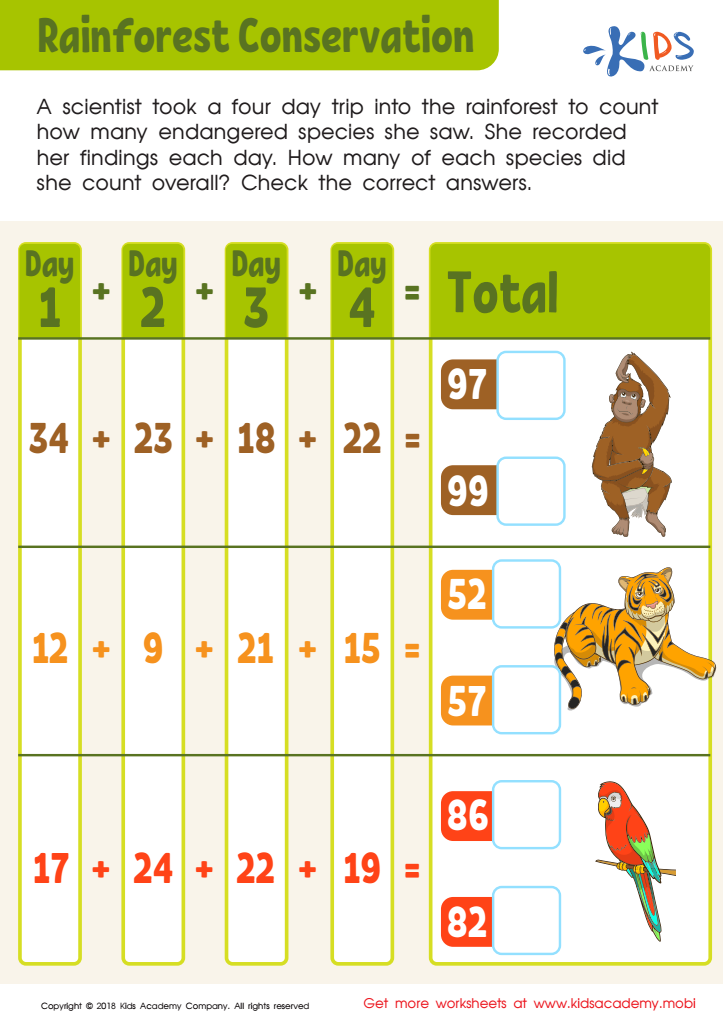

Rainforest Conservation Worksheet
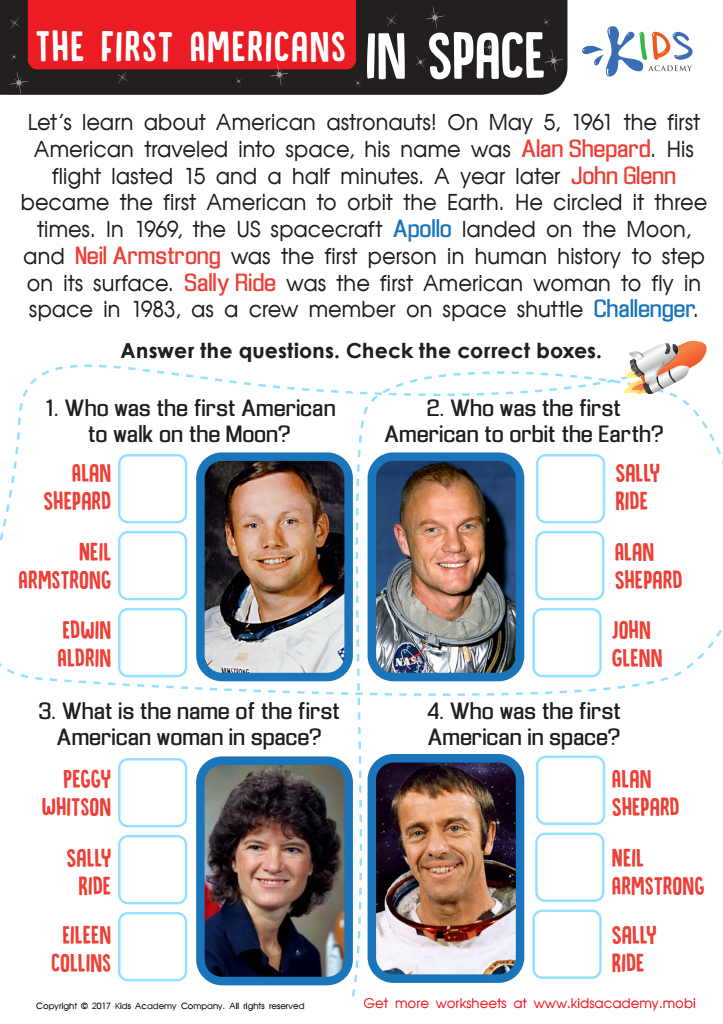

First Americans in Space Worksheet
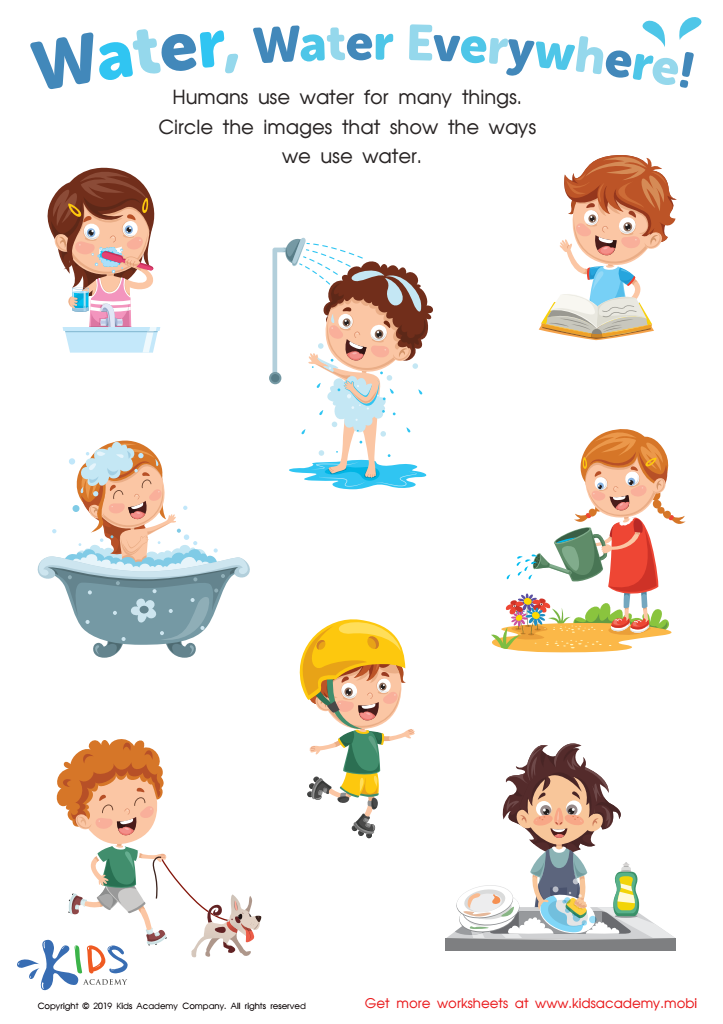

Water, Water Everywhere! Worksheet
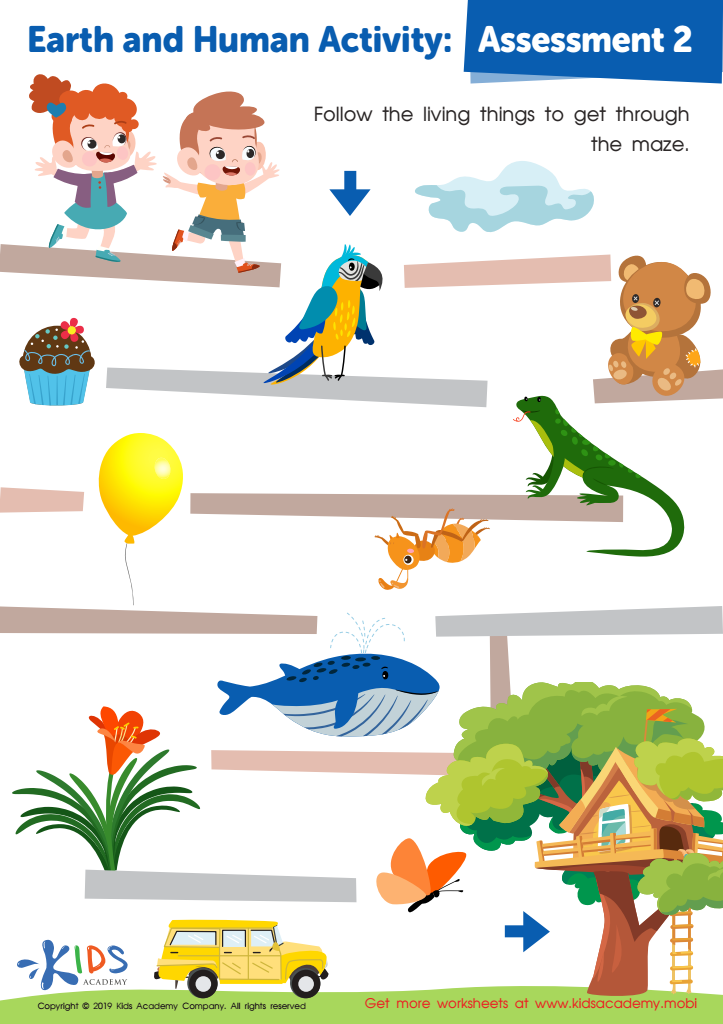

Earth and Human Activity: Assessment 2 Worksheet
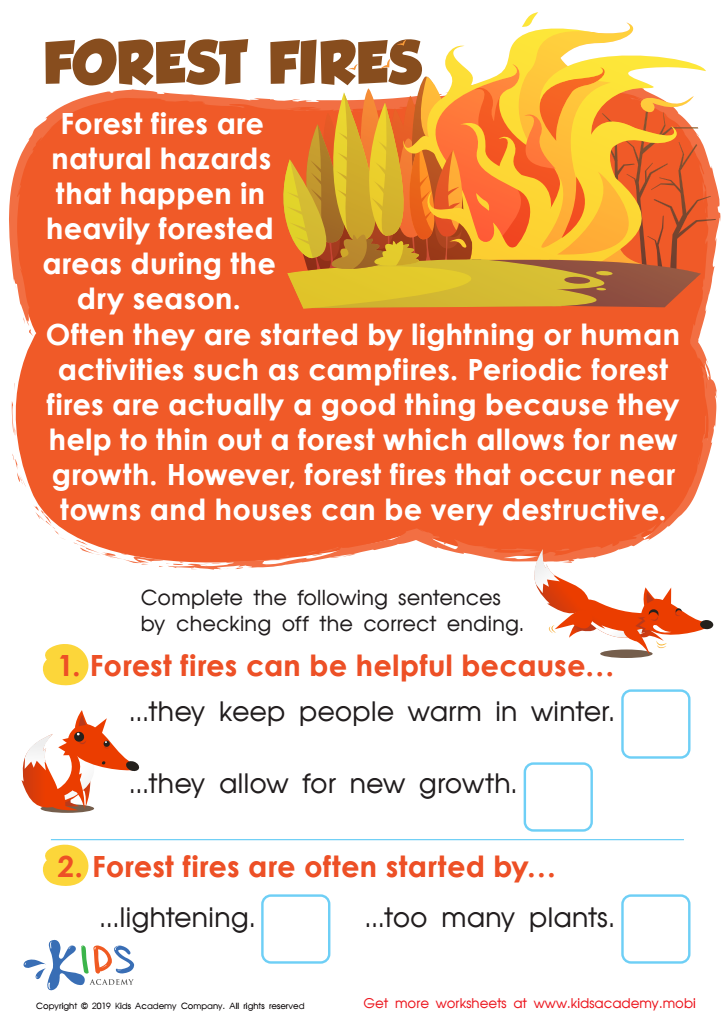

Forest Fires Worksheet
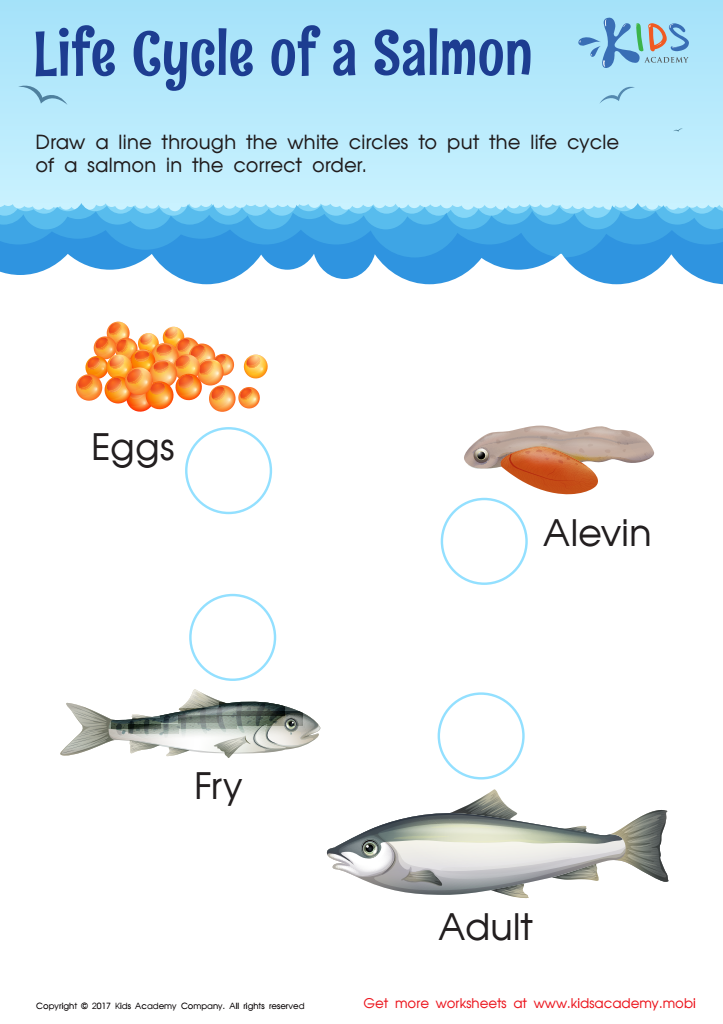

Cycle Of Salmon Worksheet
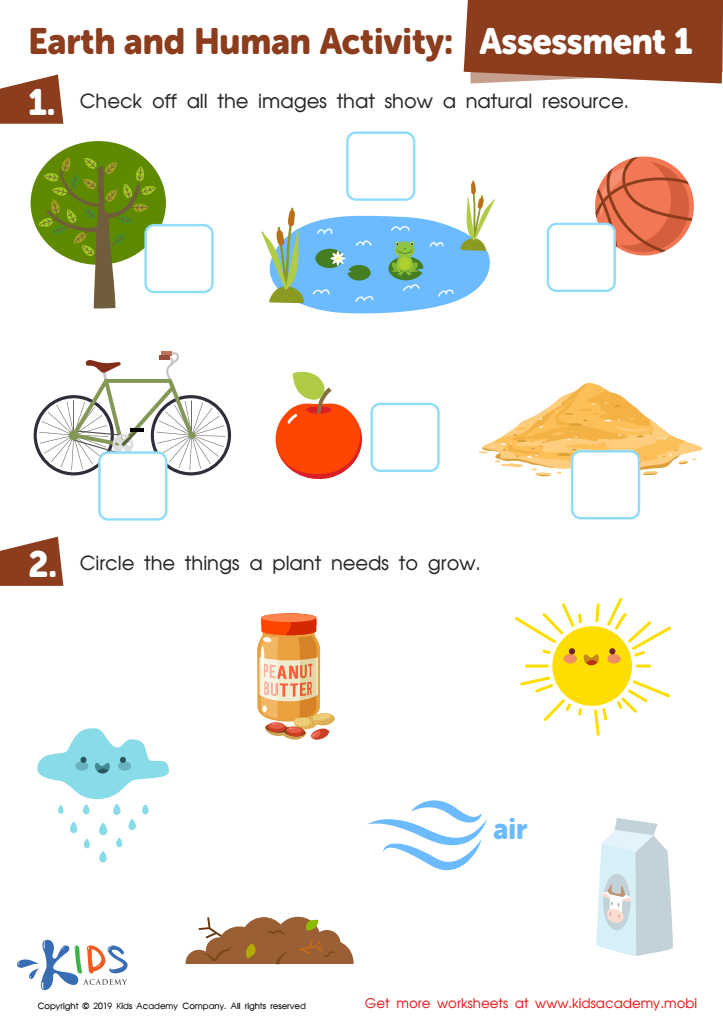

Earth and Human Activity: Assessment 1 Worksheet
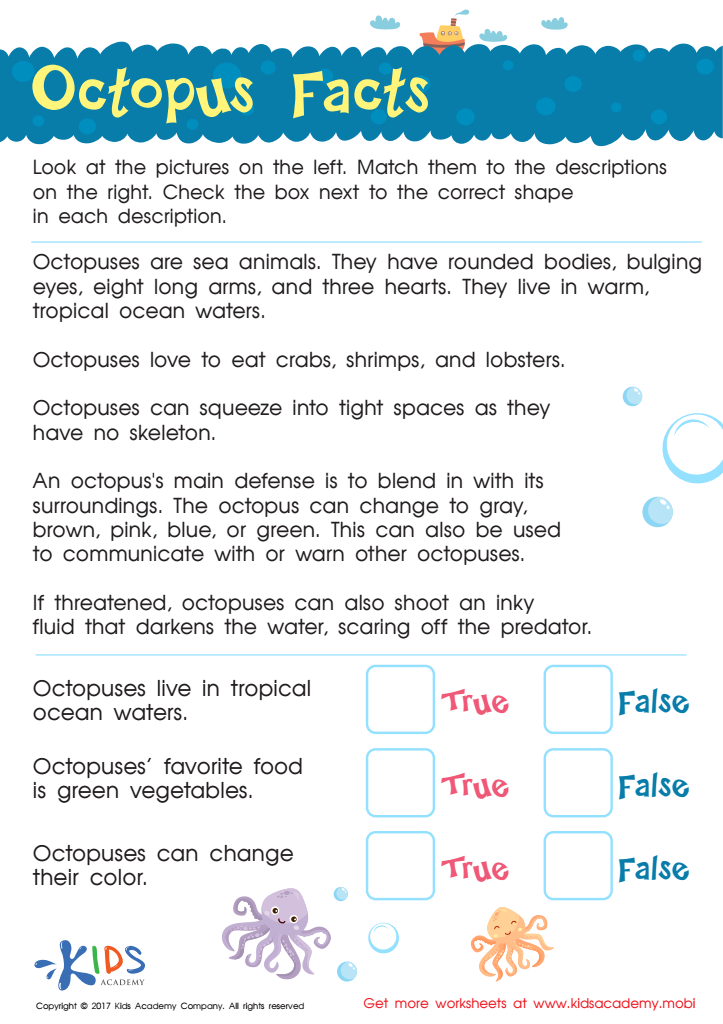

Octopus Facts Worksheet For Kids
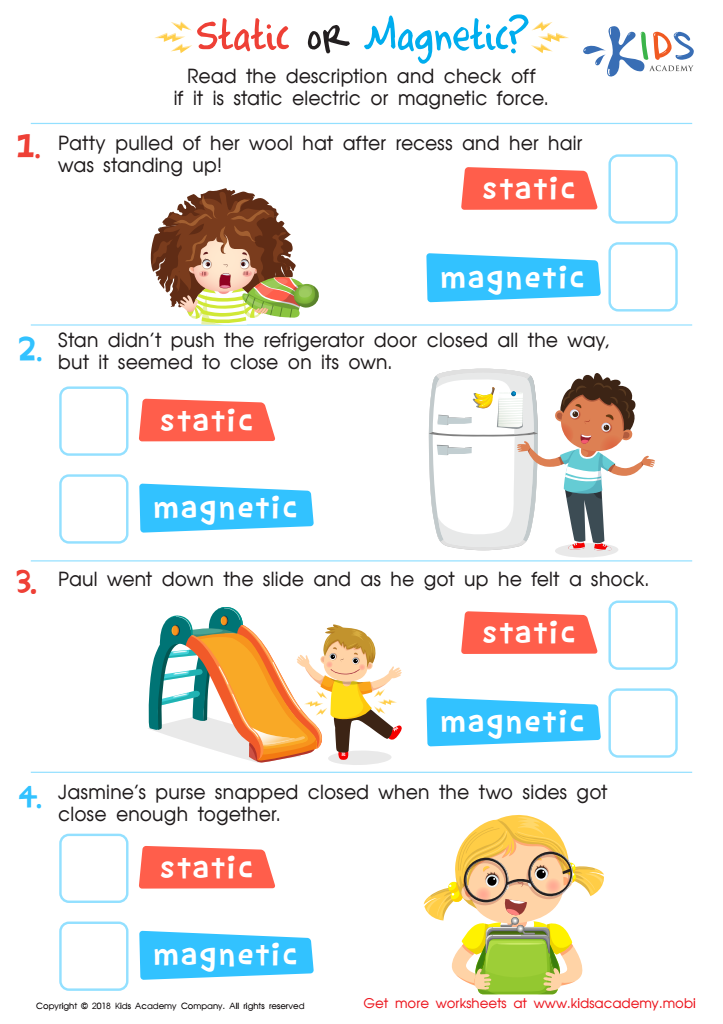

Static or Magnetic Printable Worksheet
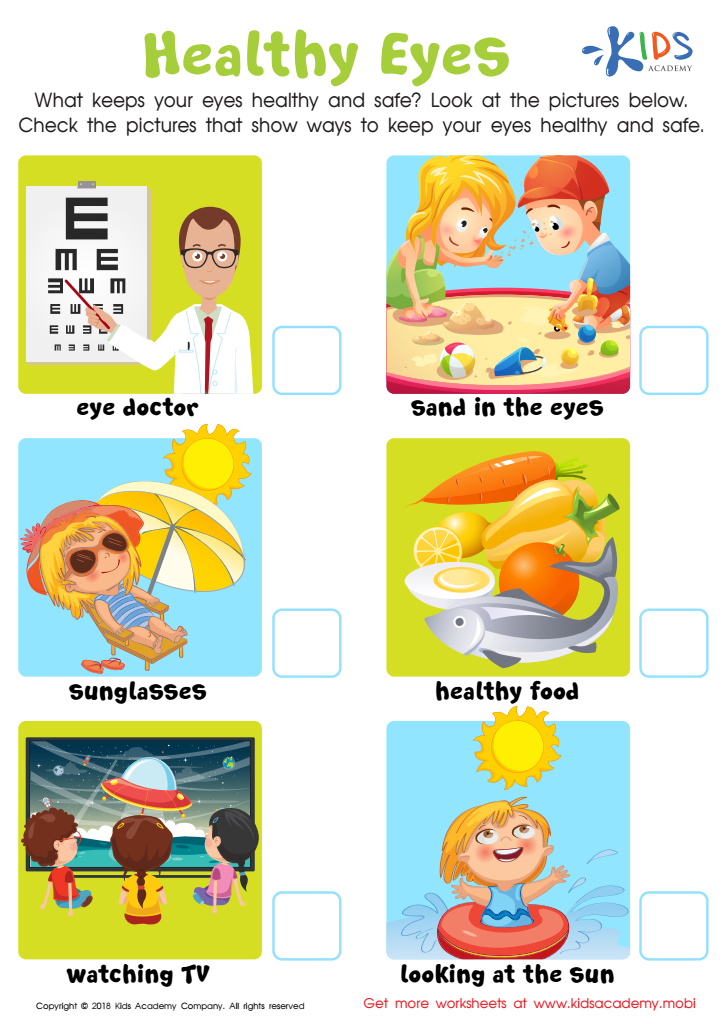

Healthy Eyes Worksheet
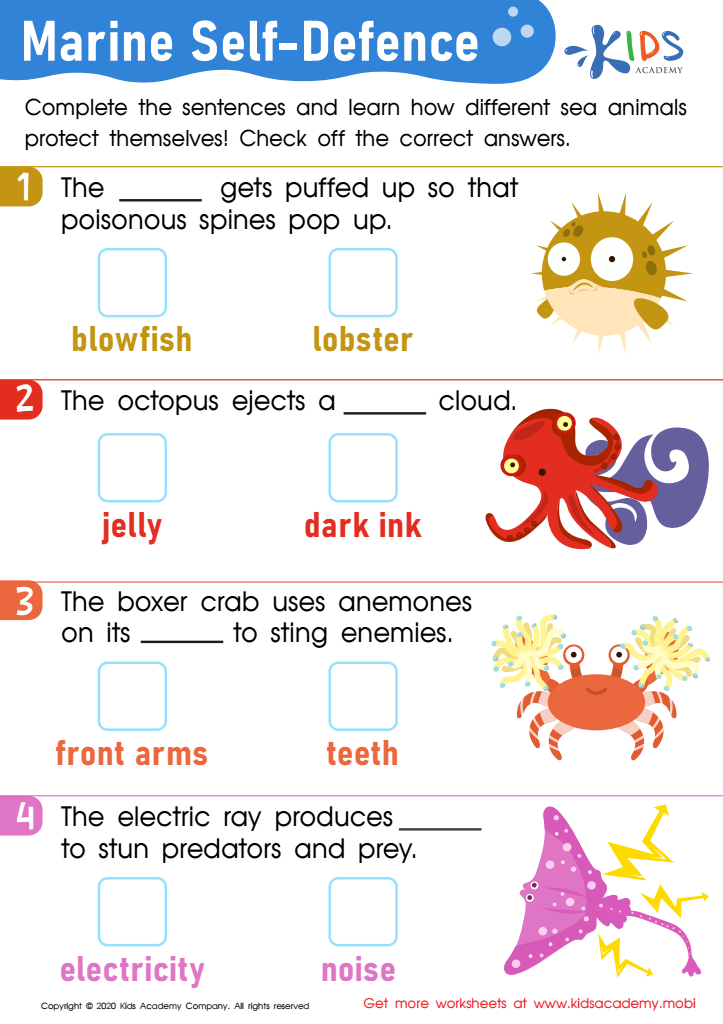

Marine Self-Defence Worksheet
Critical thinking skills in science for ages 6-9 are essential as they lay the foundation for logical reasoning, problem-solving, and informed decision-making. At this stage, children are naturally curious and engaged in exploring the world around them. By fostering critical thinking skills in science, parents and teachers can enhance children's ability to ask questions, make hypotheses, and conduct simple experiments, which solidifies their understanding of scientific concepts.
Encouraging critical thinking in young learners promotes intellectual independence, enabling them to analyze information critically rather than passively accepting it. This approach not only nurtures their innate curiosity but also cultivates creativity, as children learn to explore multiple solutions to a problem. Additionally, these skills strengthen their ability to make connections between different ideas and subjects, fostering a well-rounded education.
By focusing on critical thinking in science education, parents and teachers also help children develop resilience and gain confidence in their abilities to tackle challenges. In today’s rapidly changing world, these skills are crucial for future academic success and for becoming informed citizens who can engage thoughtfully with complex issues. Thus, nurturing critical thinking in science during early years contributes significantly to children's overall development and future capabilities.
 Assign to My Students
Assign to My Students



